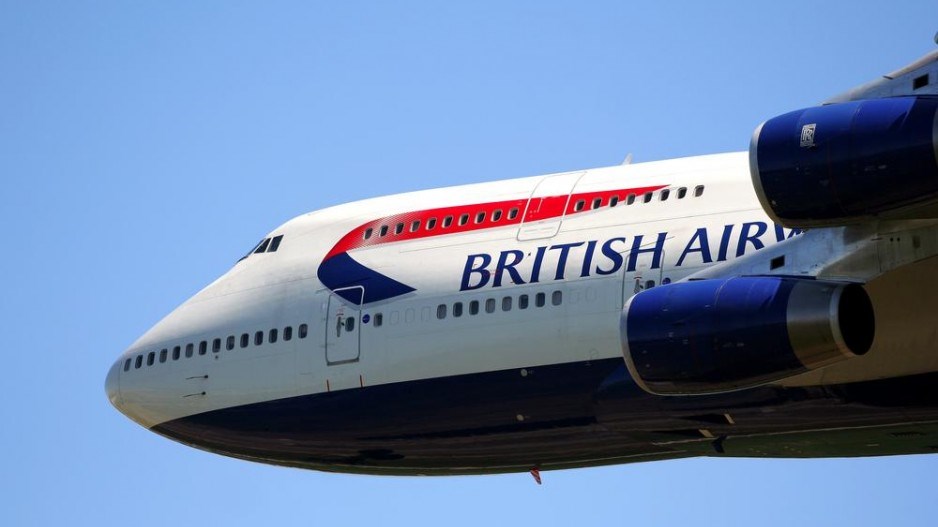International visitation to British Columbia hit a 10-year high during the first four months of 2016 but sustained growth could hit a snag if United Kingdom citizens vote to leave the European Union in the June 23 referendum.
Market analysts have speculated that the U.K. pound could fall in value if the “leave” side wins the so-called Brexit, or British exit vote.
A U.K. vote to leave the E.U. would undoubtedly spark uncertainty across Europe given that new political relationships would have to be negotiated.
Further disintegration of the E.U. could materialize given that the rest of Europe will have to grapple with losing its second-largest economy. This is particularly so given popular uprisings in countries such as Greece, where many believe leaving the E.U. would also be in their own best interest.
“Economic stability is good for tourism,” said Tourism Vancouver CEO Ty Speer, who formerly held jobs in both London, England and Glasgow, Scotland.
“Instability is never desirable for any economy, and any time when the economy is in a state of flux, people make different decisions about discretionary spending. Tourism is often a discretionary spend.”
Exactly how much a Brexit would weaken confidence across Europe, impact the global economy and weigh down demand for U.S. goods is a matter for speculation.
What is clear is that B.C.’s tourism sector is dependent on a strong U.S. economy that encourages Americans to travel.
Americans by far comprised the largest slice of international visitors to B.C. during the first four months of the year, at about 67.3%, according to statistics that Destination British Columbia (DBC) released June 22.
American overnight visitation to B.C. surged 20.7% in the first four months of 2016 to 789,622. That growth helped overall international overnight visitation rise 18.2%, to 1,172,637, during that time period.
China accounts for about 5.7% of international overnight visitors to B.C., while the U.K. is the third-largest source of those visitors, at more than 3.5%.
One trend for the past few years has been that U.K. visitors who come to Canada are increasingly choosing other parts of the country.
While the number of Brits visiting B.C. increased 1.3% during the first four months of 2016, British visitation to Canada as a whole increased 5.7% during that time frame.
The number of British tourists who visited B.C. last year totalled 195,803, or 0.6% more than the previous year. Canadawide, there was a 5.8% spike in U.K. visitation, to 715,548. A similar disparity was the case in 2014.
DBC CEO Marsha Walden told Business in Vancouver that she expects that trend to change thanks in part to an increasing number of flights and bigger planes flying between B.C. and the U.K.
For example:
•British Airways, on May 2, started using larger Airbus A380 planes on its flights between London’s Heathrow Airport and Vancouver;
•WestJet, on May 6, launched its first non-stop flights between Vancouver International Airport and Europe when it flew to London’s Gatwick Airport (the airline, however, has also launched flights to Gatwick from five other Canadian cities); and
•Air Canada, on June 1, doubled its number of flights between YVR and London’s Heathrow Airport, to two from one, on a seasonal basis.
“We’re feeling confident that the longstanding interest that Brits have had in B.C. will continue and, even if there’s a short-term impact one way or another, we think the trajectory will continue over time,” Walden said.
She even suggested that Canada could be a more attractive place for Brits to travel if U.K. citizens vote to leave Europe.
That’s because travel to Europe may entail new visas, fees or levies.
“If they exit, there might be impacts to those travel costs suddenly,” she said. “That might make a longer-haul trip to Canada more competitive pricewise.”




